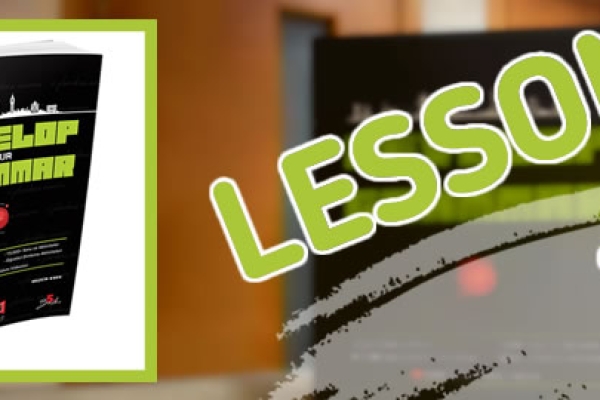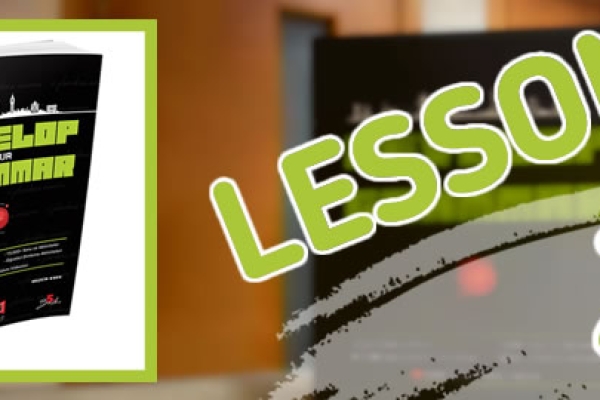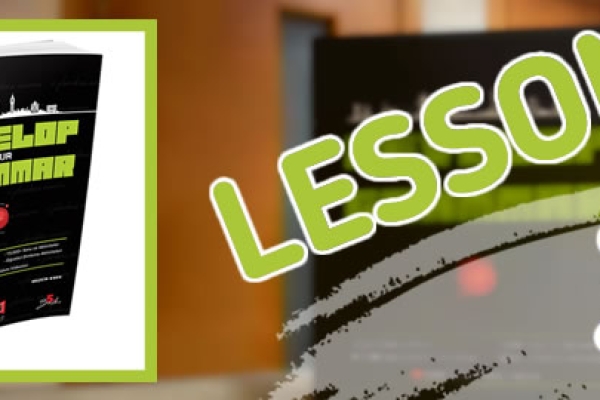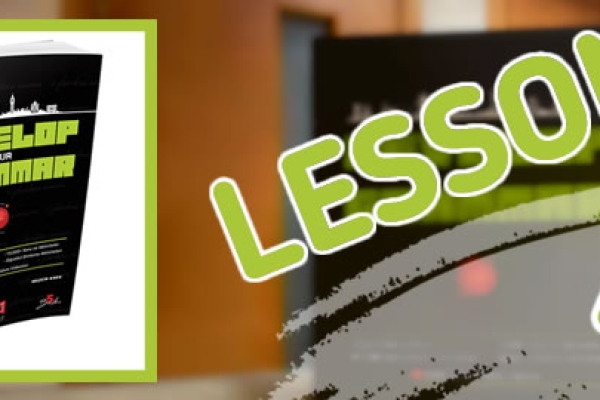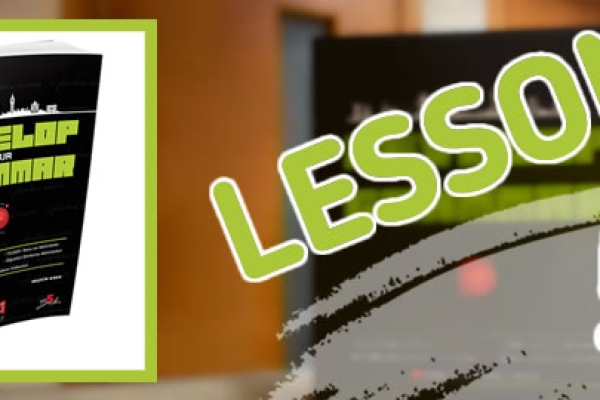1. Singular and Plural Subjects
-
Singular subjects (one person or thing) need a singular verb.
- Example: She sings beautifully. (She is one person, so we use "sings," not "sing.")
-
Plural subjects (more than one person or thing) need a plural verb.
- Example: They sing beautifully. (They are more than one person, so we use "sing," not "sings.")
2. Subject Pronouns and Verbs
-
I (first person singular) always use "am".
- Example: I am happy.
-
You (second person singular or plural) use "are".
- Example: You are nice.
-
He/She/It (third person singular) use "is".
- Example: He is tall.
-
We/They (first and third person plural) use "are".
- Example: We are friends. / They are friends.
3. Compound Subjects
When subjects are joined by "and", they usually need a plural verb.
- Example: My friend and I are going to the park. (Both subjects are plural, so we use "are.")
When subjects are joined by "or" or "nor", the verb agrees with the nearest subject.
-
Example: Either the teacher or the students are responsible. (The verb agrees with "students," which is plural.)
-
Example: Neither the students nor the teacher is ready. (The verb agrees with "teacher," which is singular.)
4. Collective Nouns
Collective nouns (e.g., team, group) can be singular or plural depending on whether they are acting as a single unit or as individuals.
-
Example (singular): The team is winning the game. (The team is considered one unit.)
-
Example (plural): The team are arguing among themselves. (The team members are acting as individuals.)
********* ********* ******** ********
Ücretsiz video derslerimiz aynı zamanda TEMEL İNGİLİZCE DİL BİLGİSİ kitabımızın konu anlatımlarıdır. Temel İngilizce Dil Bilgisi kitabımız ile bu videolara çalışarak İngilizce öğrenebilirsiniz.
Kitabı incelemek için aşağıdaki resme tıklayınız.
Temel Seviyede daha fazla ve farklı video dersler izlemek, daha fazla soru çözmek ve online aktiviteler yapmak için aşağıdaki kursumuzu inceleyiniz. (Resme tıklayınız.)





